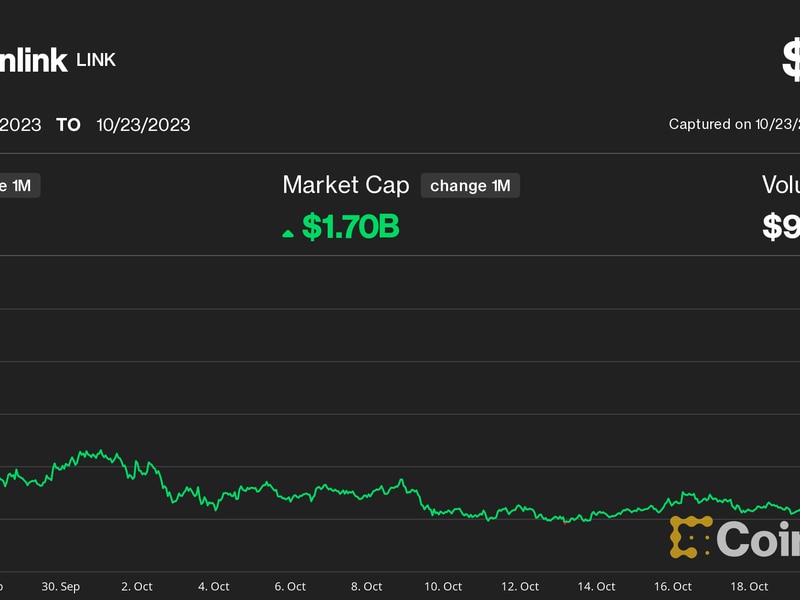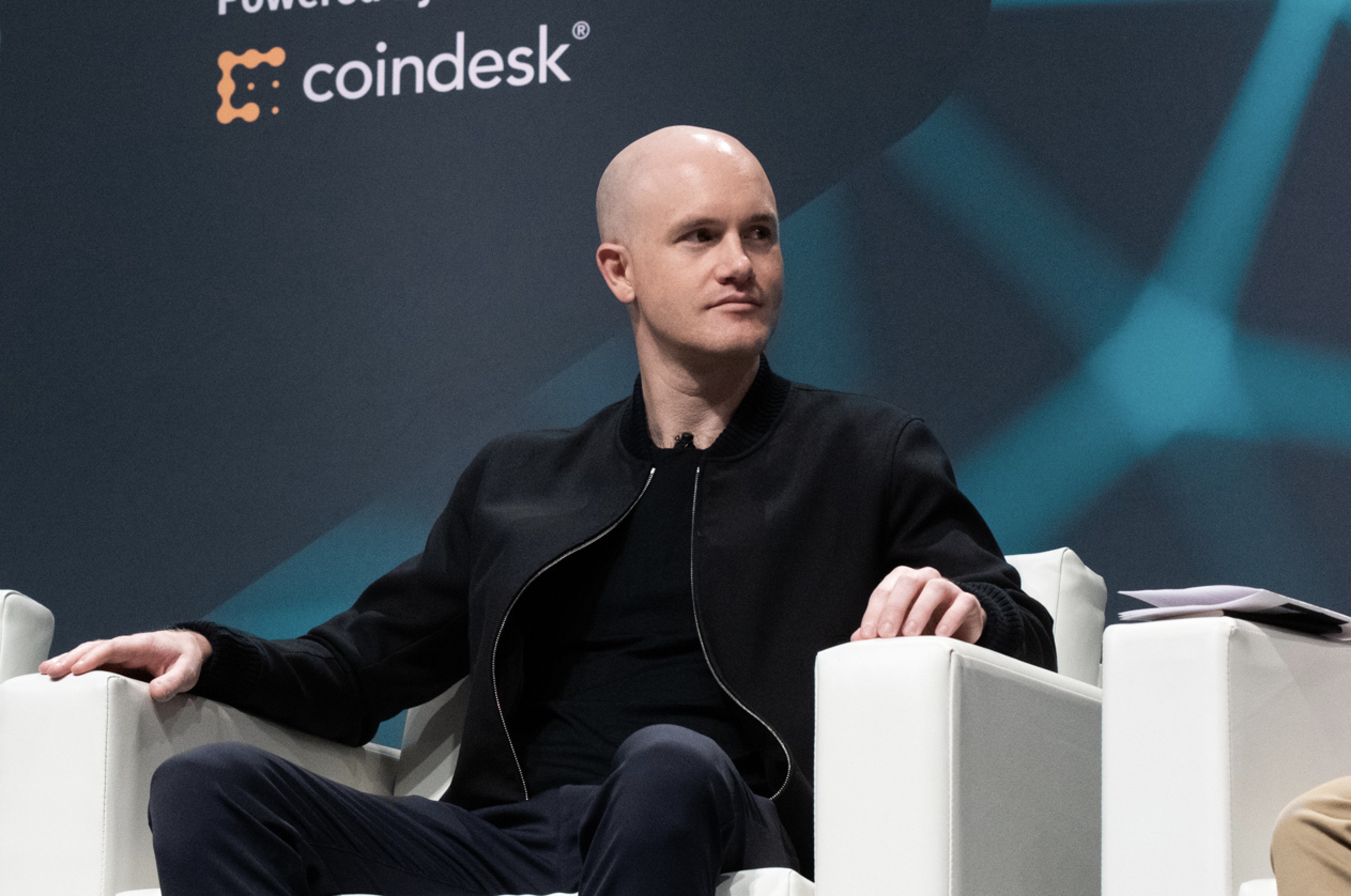CoinDesk 50: How the People’s Bank of China Became a CBDC Leader
China leads in the world in the development of national digital currencies. While other central banks are talking about central bank digital currencies (CBDC), the People’s Bank of China (PBoC) is already trialling its toolkit. Just recently, screenshots emerged of a “digital yuan” interface being piloted at the Agricultural Bank of China (ABC), one of four state-owned banking giants.
That PBoC is first to the CBDC starting line is not surprising. It has been working on the project for six years. Meanwhile, China’s government has made blockchain a national priority in several directions, including the recently launched Blockchain Services Network (BSN), which is now being piloted in Chinese cities and along its “Digital Silk Road” trade routes.
This post is part of the CoinDesk 50, an annual selection of the most innovative and consequential projects in the blockchain industry. See the full list here.
Between the CBDC and the BSN, blockchain technology has huge implications both for China’s economy and perhaps international politics. China hopes to increase efficiency in its payments system and in how trade with its international partners is orchestrated.
“China is a nation of early adopters from the grassroot level and through a concerted effort by the leadership to embrace technology,” said Omer Ozden, chairman of RockTree Capital, a merchant bank specializing in cross-border investments between China and the U.S.
“We already have China transformed into a cashless society before everyone else,” Ozden said. “The national digital currency project started from 2014 is iterations of the same process, and we will have a digital currency this time instead of an interface for fiat transactions.”
The PBoC sees the digital yuan, or Digital Currency Electronic Payment (DCEP), replacing cash and making peer-to-peer transactions more secure and efficient, its white paper released in 2019 said
It also sees a national digital currency as a preemptive measure to maintain its monetary sovereignty, Changchun Mu, director of the Research Institute on Digital Currency, has said. Facebook’s Libra, and other possible private money projects, could threaten China’s ability to control its economic system.
“If one of the foundations for monetary policy is that the central bank is able to control supply and demand of its local currency by adjusting the interest rate, Libra would be a destabilizing force,” Mu said in one of his lectures about DCEP last year. “Effective monetary policies are crucial for a country’s economy, Libra would chip away that power.”
The PBOC central bank released its whitepaper last summer for the digital yuan soon after Facebook unveiled its plan to launch a stablecoin backed by a basket of fiat currencies not including yuan. (although Facebook decided to back Libra later changed course as a concession to regulators, and now wants to back its money through other stablecoins.)
The race to create the future of money is already on, and according to Facebook, China is currently winning it. Facebook’s top executive on the Libra project warned China will win if the U.S. does not have a good answer to the China national digital currency in five years.
China has been ahead of the curve in the CBDC race.
Six major economies including Japan and the UK are forming a working group to explore potential use cases for digital currencies and some of the U.S. legislators are pushing hard for a digital dollar. But they are still in initial stages and have not gone through the tranches of regulatory red tape.
Ironically, the PBoC is ahead of the game because of its centralized authority. It has more executive power than any other central banks, including the Federal Reserve.
Founded in 1948, the PBoC has been instrumental in every step of modern China’s economic reform. For the first two decades, it managed both monetary policy and commercial banking services.
The Chinese central bank has long heavy-handedly managed China’s economy and the digital yuan is just the latest highly consequential intervention it has made. How well the DCEP succeeds will have a lot to say about the future of money, monetary policy and international trade.
Disclosure Read More
The leader in blockchain news, CoinDesk is a media outlet that strives for the highest journalistic standards and abides by a strict set of editorial policies. CoinDesk is an independent operating subsidiary of Digital Currency Group, which invests in cryptocurrencies and blockchain startups.









